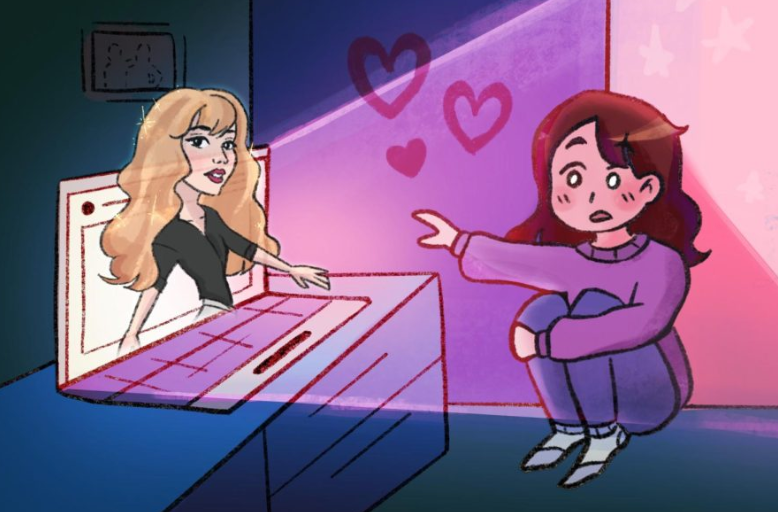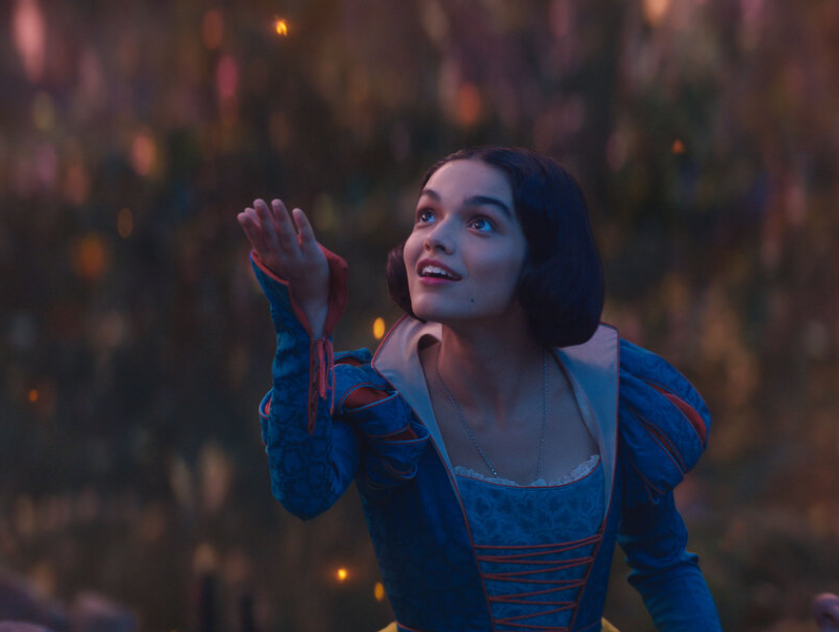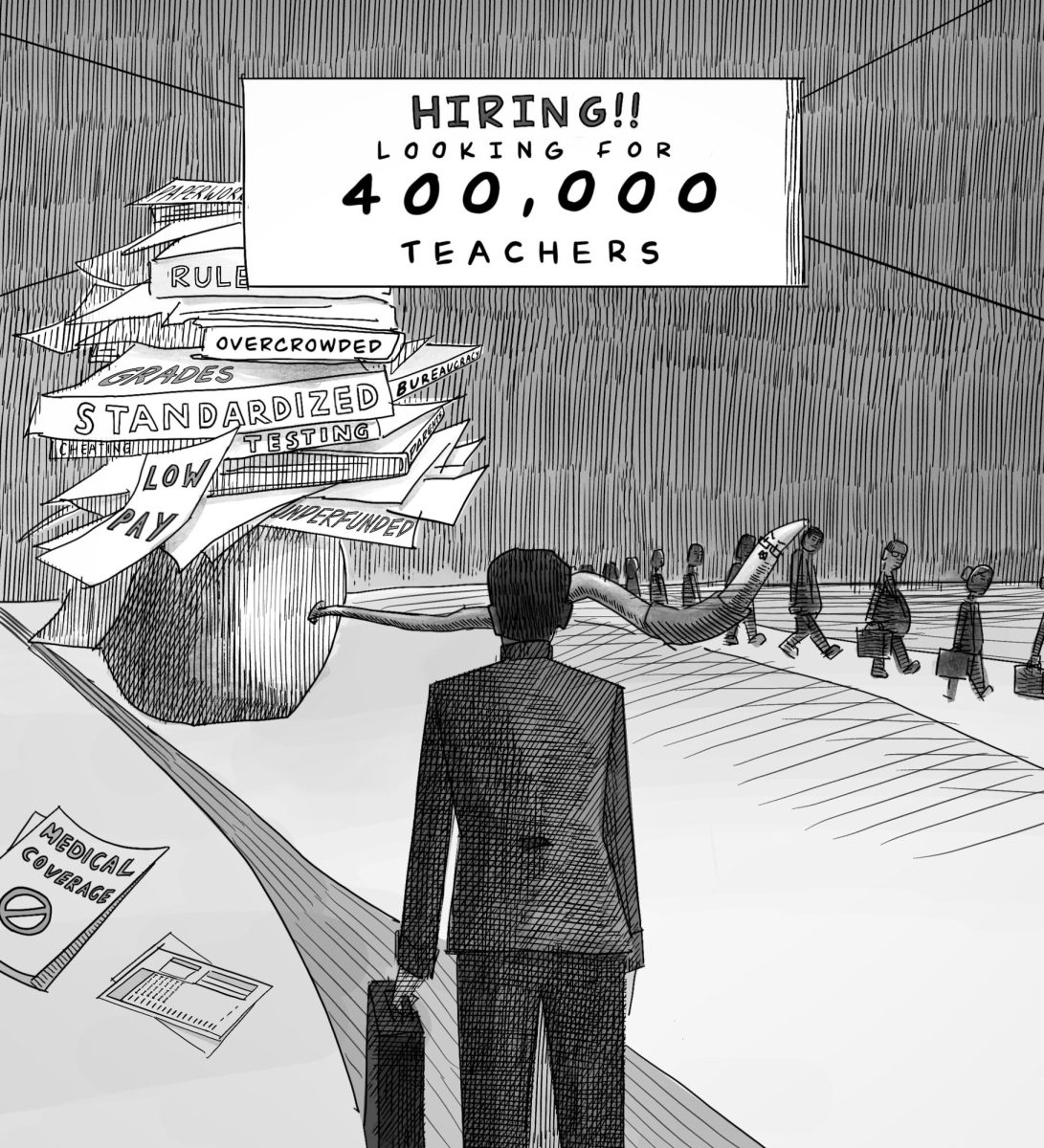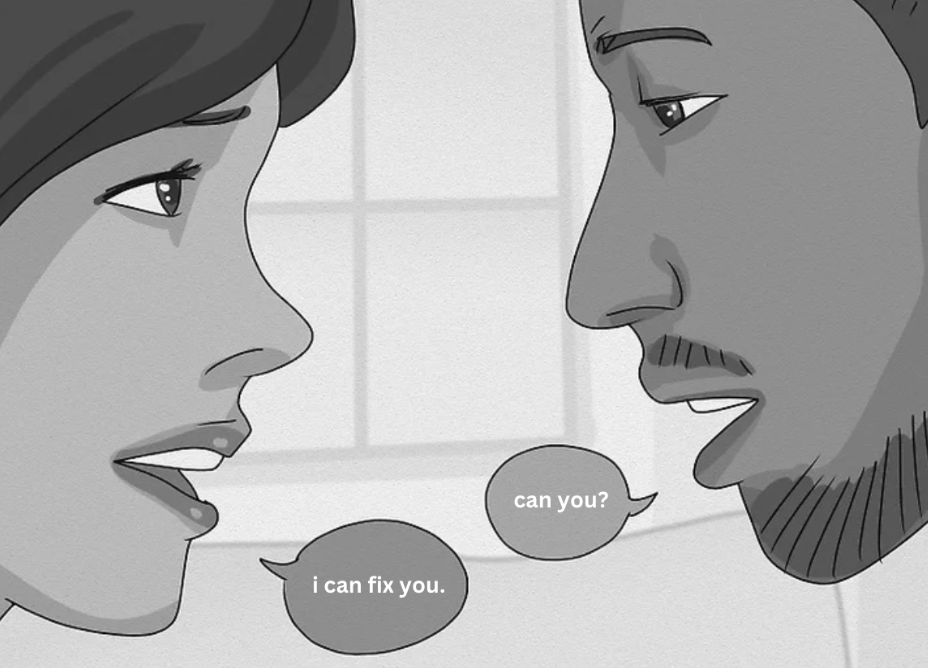We all have someone in the spotlight that we look up to. Whether it be a singer, writer, actor, or athlete, we’re prone to following people through media and keeping up with their lives. However, there’s a line between being a fan, and taking it too far. Being a fan of someone and keeping up with their life is normal, but intense and borderline-pathological relationships that involve following people around and showing up to their houses? Not so much.
Ranging from The Kardashians to Charli D’amelio, celebrities have always put their lives online as a catalyst for connection with their audience. Some do it so that their fans can keep up with celebrity drama, while some do it for profit, but in some way or the other, all celebrities put their life on the internet. And while these posts may make us feel as if we know them, we don’t. The online persona of a celebrity does not validate any type of parasocial relationship with the celebrity past the entertainment-social level.
In 2006, researchers David Giles and John Maltby decided three levels of parasocial relationships: entertainment-social, intense-personal, and borderline-pathological. Entertainment-social is where the celebrity is a source of gossip or entertainment, or someone that you look up to for comedic reasons or as a hobby. Intense-personal is when you have intense feelings towards the celebrity, but borderline-pathological (where the line is drawn) is when a person has uncontrollable behaviors/fantasies around the person. Taking it past being a fan and intense-personal to borderline-pathological is, simply put, weird and not ok.
This past August, hundreds of Taylor Swift “fans” crowded around Jack Antonoff’s wedding, vocally disrupting the wedding and swarming the wedding just to catch a sight of her. None of the people who did this are fans, they are people who are engaged in an intense parasocial relationship with her. Not only is crowding around someone’s wedding for a celebrity disruptive, but it is also insensitive towards all parties included in that situation. Intense parasocial relationships are not what celebrities are looking for, especially in situations where they can become dangerous. In August, Reneé Rapp was approached by her stalker during a live show, disrupting the show and forcing her to go off stage to stay safe. Such situations are a result of intense parasocial relationships, and are dangerous for celebrities and their safety.
While some may argue that it’s fun to see your favorite celebrities in person or to keep up with their lives, such meetings with celebrities should be facilitated by them. Staying outside of someone’s house for hours waiting for them to come out is not ok, approaching someone during a live show and disrupting their show is not ok, and borderline stalking your favorite celebrities is not ok. However close you may feel to them, remember that you do not know them. Let’s start practicing healthy celebrity relationships!












